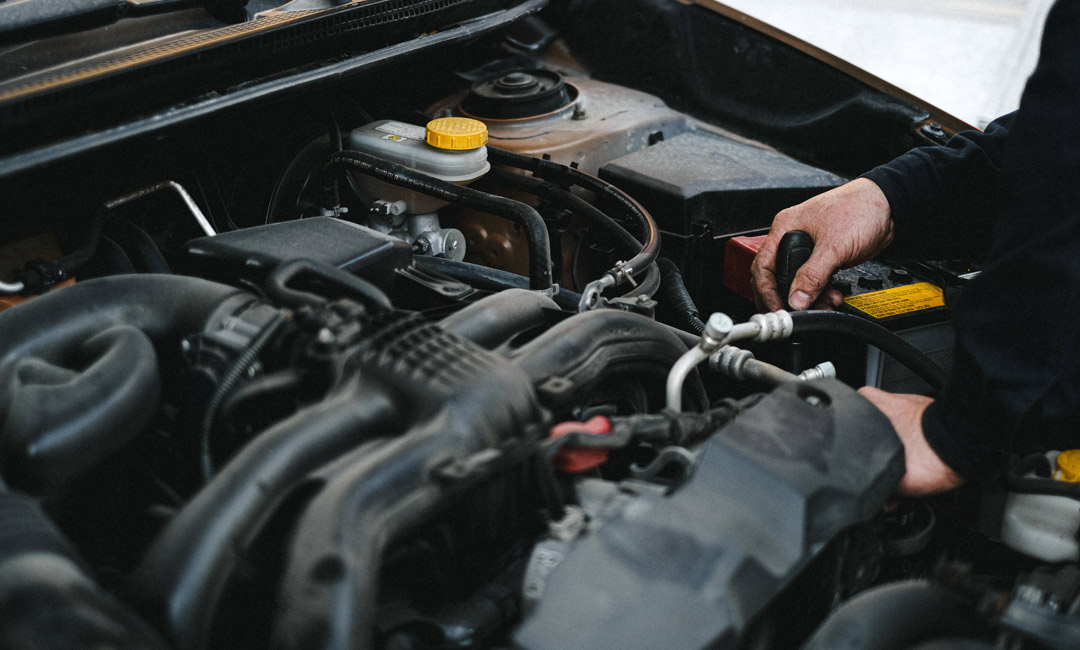
Car Overheating
Car overheating is a common and concerning issue that can disrupt your daily commute to work. Ignoring this problem could lead to severe engine damage and costly repairs. To preserve your engines health, it’s important to understand the potential causes of overheating. In this article, we will explore common culprits such as a leaking radiator, broken hoses, a faulty water pump, and other issues that can cause cooling problems.
Leaking Radiator
A leaking radiator is one of the primary causes of engine overheating. Over time, the radiator can develop cracks or holes, leading to coolant leakage. Inspect your radiator regularly for any signs of leaks, such as puddles of coolant underneath your vehicle or visible damage to the radiator itself. If a leak is detected, it’s crucial to have it repaired or replaced promptly by a qualified mobile mechanic.
Broken Hoses
The cooling system in your car relies on a network of hoses to transport coolant between the radiator, engine, and other components. Over time, these hoses can deteriorate, develop cracks, or even burst, causing coolant leaks and subsequent overheating. Inspect the hoses for signs of wear, including bulges, cracks, or soft spots. Additionally, check for loose or disconnected hoses. If any issues are found, have them replaced immediately to maintain the integrity of the cooling system.
Faulty Water Pump
The water pump helps regulate the engine’s temperature by constantly pumping coolant from the radiator to the engine and back. A faulty water pump can result in insufficient coolant circulation which would result in the engine over heating. If you suspect a problem with your water pump, have it inspected and replaced by a professional mobile mechanic.
Insufficient Coolant Level
Low coolant levels can contribute to overheating issues. If the coolant level is too low, there may not be enough fluid to effectively cool the engine, leading to overheating. Check the coolant reservoir regularly and ensure it is filled to the appropriate level. However, if you consistently find yourself refilling the coolant, there may be an underlying issue, such as a leak, that requires immediate attention.




